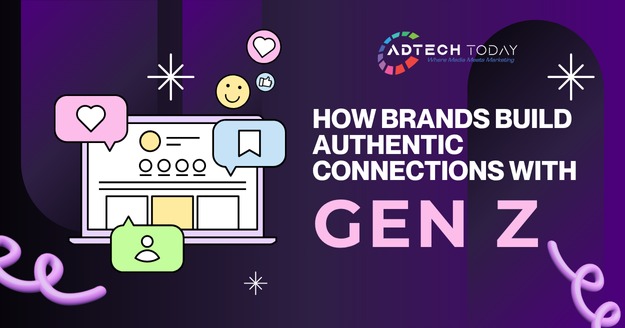

They scroll fast, judge faster, and spot inauthenticity in a heartbeat. Here’s how brands are learning to keep up with a generation that doesn’t just consume content but co-creates culture.
For Gen Z, marketing isn’t something they watch, it’s something they join. They don’t just buy products; they buy into purpose, identity, and inclusion. This is a generation that values honesty over hype, and conversations over campaigns. They’ll skip ads but share stories that feel real.
Across categories, brands are realising that to win Gen Z, they need to invite them into the process, not as consumers, but as collaborators. The challenge now isn’t reach or visibility. It’s credibility. The question is, how are brands connecting meaningfully with this audience?
From audience to co-creators
For today’s young consumers, engagement doesn’t end at watching something — it begins there. Sahil Chopra, Chairman, Indian Influencer Governing Council (IIGC), explained it best:
“True engagement means being a part of it. And for Gen Z, brands that feel honest and inclusive become their first choice. Marketers have realized it and therefore we are seeing a shift from polished perfection to real, authentic and raw voices. This brings co-creation and community-driven ideas to the front. When brands show up with transparency and purpose, it’s meaningful enough for Gen Z to connect.”
That idea of co-creation is echoed by Sonica Aron, Founder & Managing Partner, Marching Sheep, who believes brands must stop thinking of Gen Z as a demographic and start treating them as active collaborators.
“Gen Zs are not just a target audience but active co-creators in the brands they choose to support or work with. What really matters is that brands listen more than they speak, invest time in learning language and culture without over-assuming, and build spaces where young voices feel heard, not marketed to. Connection happens when Gen Z feels welcomed, respected, and included, not when they’re talked to. Brands that hold that intention will find loyalty rooted in respect, not just campaign performance.”
Together, their perspectives sum up how Gen Z is reshaping modern marketing, turning audiences into collaborators and campaigns into communities. For this generation, connection is built through participation, not persuasion.
The rise of credible storytelling
Gen Z is tired of being sold to- they want to be informed, not influenced.
Sonam Bhagat, Founder of Vygr News, captured this shift:
“Forty percent of Indian Gen Z spend over five hours a day consuming content online, showing how strong the attention opportunity is. But they respond to brands that invite them to co-create the narrative. Gen Z doesn’t consume ads, they consume authenticity and participation.”
She added, “At Vygr, we see millions engaging with creators who decode the world for them, not distract them. Brands that win with this generation don’t chase trends; they enable conversations. The future of marketing lies in credible storytelling, where information becomes identity, and every post adds value, not noise.”
The new ROI of relevance
A recent Deloitte report found that 82% of consumers trust companies that “act human,” while 70% place authenticity above aesthetics. Nihar Kolapkar, Co-founder of Wit & Chai Group, says this is the real pulse of modern marketing.
“In a scroll-happy world or rather, a universe of doomscrolling : attention is rented, not owned. And Gen Z pays in loyalty only if your content feels like a conversation, not a commercial. In a feed full of filters, the real flex is being real,” he said.
He summed it up perfectly: “Sell less, relate more that’s the new ROI of relevance.” From Duolingo’s unhinged TikToks to Zomato’s witty self-roasts, brands are learning that it’s not about polish anymore it’s about personality.
Purpose, participation, and presence
Vaishal Dalal, Co-founder of Excellent Publicity, noted that this shift is forcing brands to look inward before they speak outward.
“Brands today are reshaping their engagement strategies to connect meaningfully with Gen Z, a generation that values authenticity, inclusivity, and participation over polished perfection. Instead of one-way messaging, marketers are focusing on storytelling that invites interaction.”
He added, “Gen Z expects companies to take a stand on issues like sustainability, diversity, and mental health and they reward brands that practice what they preach. It’s not about selling a product but creating a space where Gen Z feels seen, heard, and included.”
In a nutshell, connecting with Gen Z isn’t about cracking some secret marketing code — it’s about speaking their language without trying too hard. What started as a shift in content has evolved into a change in mindset, where honesty, inclusivity, and participation matter more than polish.
Because at the end of the day, real engagement with this generation will always be less about visibility and more about vulnerability. Not performed. Not packaged. Just real.